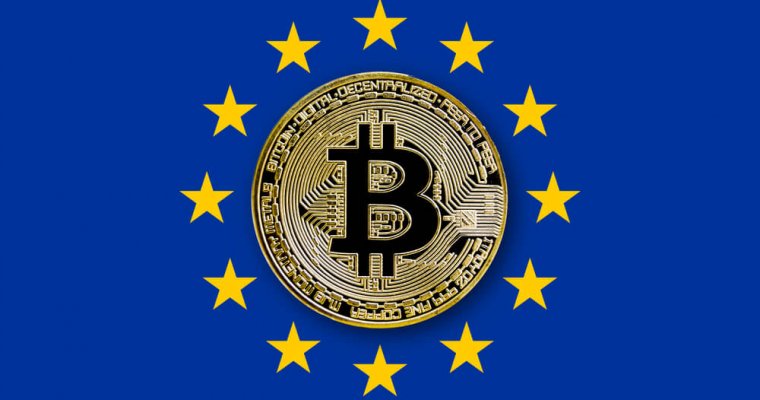
European cryptocurrency brokers are confronting regulators head-on, saying bring on the transparency.
Digital currency brokers would rather face clear-cut rules and greater transparency in the market than battle the stigma that they have anything to do with fraudulent activity in cryptocurrency trading, according to a recent article in Bloomberg.
It’s a sign of market maturity to see bitcoin exchanges like London-based eToro and Austra’s Bitpanda proactively engaging with regulators for greater oversight. They believe policy like know-your-customer (KYC) regulation that is enforced in the United States would legitimize the market for investors who till now have remained sidelined, including mainstream and institutional investors.
US bitcoin exchange Coinbase, for instance, boasts 20 million members on its trading platform, but the exchange also works hand-in-hand with Wall Street regulators to keep track of customer activity. Japan’s regulators are similarly becoming more engaged with the market, as evidenced by its decision to issue licenses to cryptocurrency exchanges that meet certain standards. Brokers in the United States and Japan are required to provide investor data to tax agencies, which could create a conflict of interest with customers.
Meanwhile, Europe lags both regions for cryptocurrency trading, and in order to take a bigger slice of the pie, e.g. institutional investors, regulation is vital.
Bitpanda’s Co-CEO Eric Demuth told Bloomberg: “We’d be happy to have regulations, so we know where we stand.” And eToro’s Managing Director Iqbal Gandham is the chair of self-regulated cryptocurrency trade group CryptoUK. Gandham told Bloomberg –
“The benefits of regulation are clear. An appropriate framework would serve to both protect consumers, and ensure the longevity and legitimacy of the industry itself.”
Meanwhile, Bitpanda is avoiding expansion into cryptocurrency- and blockchain-friendly regions such as Gibraltar and Malta where there is lax regulation and Demuth said “it doesn’t look good” to operate. Other ther bitcoin exchanges including OKEx, which previously was based in China, has its sights set on Malta with plans of redomiciling in the island country.
Anti-Money Laundering
The Bloomberg article points to places in the world where bitcoin-fueled luxury or illegal transactions can remain largely untraceable given access to cryptocurrency ATMs and a lack of identity verification protocols. And the sooner there’s greater transparency, the sooner cryptocurrency brokers will have a greater sense of security that their business won’t be derailed because of any knee-jerk reaction from regulators. For instance, they want to avoid the steps taken by German regulators to identify digital currencies as “financial instruments”, which places the burden on exchanges.
Meanwhile, brokers in their quest for regulatory clarity aren’t alone and have the support of CryptoUK. The trade group is pushing lawmakers to take a page out of Japan’s book and license bitcoin exchanges that follow KYC and anti-money laundering (AML) protocols. CryptoUK also believes that cryptocurrencies should be overseen by the Financial Conduct Authority (FCA).
Meanwhile, the European Commission and supervisory authorities are examining whether the current regulatory framework is sufficient for cryptocurrency trading.
Featured image from Shutterstock.
source : https://www.ccn.com/europes-cryptocurrency-brokers-seek-more-transparent-market/